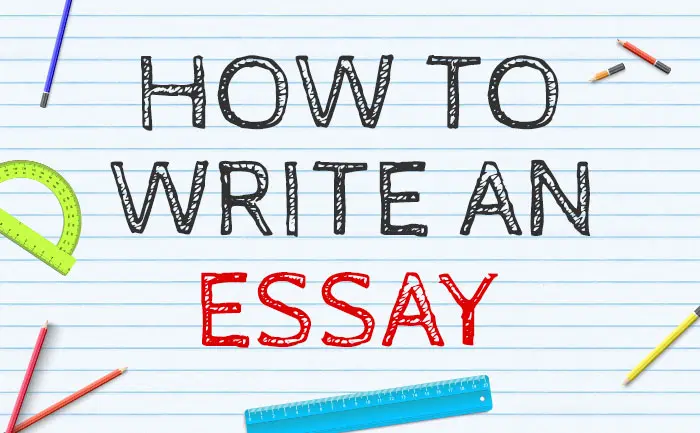What topic is your essay on?
There are three factors to think about prior to creating your essay: the thesis, the type and the reader. Of them, the most crucial most important is the thesis, which is the basis of your essay. about.
The thesis, as encapsulated within your thesis is the main idea you’re trying make. The main idea of Bertrand Russell’s piece “In Praise of Idleness,” for instance is that people tend to focus too heavily on work and don’t appreciate time spent idle. The essays can sometimes stray off and diverge into related tangents but they always return to the same basic concept that is the basis of the thesis.
You must always identify your thesis prior to Essay writing for upsc . If you’re having difficulty nailing the idea down, consider asking yourself “What’s the one thing I want my reader to remember when they’re done reading my essay?”
The best way to go about it is to incorporate your thesis whenever you can and even in your topic sentence , if suitable. It’s important to repeat the thesis throughout your essay, particularly when you conclude your essay with the final paragraph.
The remainder of your essay will support your thesis. It is possible to include evidence from empirical research or testimonials, logic deductions or even persuasive rhetoric — whatever is needed to accomplish the task. The key is expanding on your original thesis, not switching to totally different subjects.
The process of writing essays
In the event that you’re working on an essay study paper, research report novel or short story, poem screenplay, blog post on essay writing, or writing about anything, it’s essential to follow a streamlined writing procedure. Even if you favor the style of stream of consciousness for your draft, you’ll need to follow a method that lets you edit and refine your writing.
To write essays We recommend using the standard five-step process for writing:
1 Brainstorming
It is always beneficial to organize your thoughts prior to starting writing. Based on your thesis or prompt attempt to come up with as many ideas as you can to use in your essay. Consider as many ideas as you can in the time available, and remember that you’ll be able keep the ideas that don’t pan out in the future.
2 Preparing
The preparation phase involves creating a outline of your essay and gathering evidence sources. Review the outcomes from your session of brainstorming. The first step is to identify those ideas that are necessary to back your thesis, and then arrange them in a coherent and ascending sequence. At this point, you’ll integrate the structure of your essay. This we’ll explain in the following paragraphs. If you’re looking for evidence from the empirical or supplementary citations, look these down right now.
3 Drafting
This is the most important phase of essay writing, in which you are able to roll up your sleeves and begin writing your first draft. Keep in mind that your essay doesn’t need to be perfect. This will be the initial draft and it’s not the ultimate version, therefore you should allow you the chance to make mistakes. If you’re focused on getting every word correct it’s going to miss the bigger overall picture.
4 Revising
The revisions stage is the second draft, or your three-rd draft and your 12th draft, if needed. Take care to address all the subtleties and subtleties that you missed in the initial draft.
Be aware of both the clarity of your words and word choice, as well as advanced writing strategies like avoiding the passive voice. If you’re not sure of your writing abilities yet the Grammarly Editor makes sure your writing is clear, readable and concise. It provides sentence structure and word-choice suggestions, and also clarity improvements when you write. Grammarly assists you in catching common mistakes by analyzing sentence structure. Examples include sentences that run on and sentences that are fragmented as well as passive voice and much more.
5 Proofreading
Once all the major revisions are completed then it’s time for to polish it up. Examine your essay to make sure you have corrected spellings, formatting problems or grammatical or spelling errors. (This is also the point where you can use Grammarly’s AI-powered writing assistant which can identify these common errors for you.)

